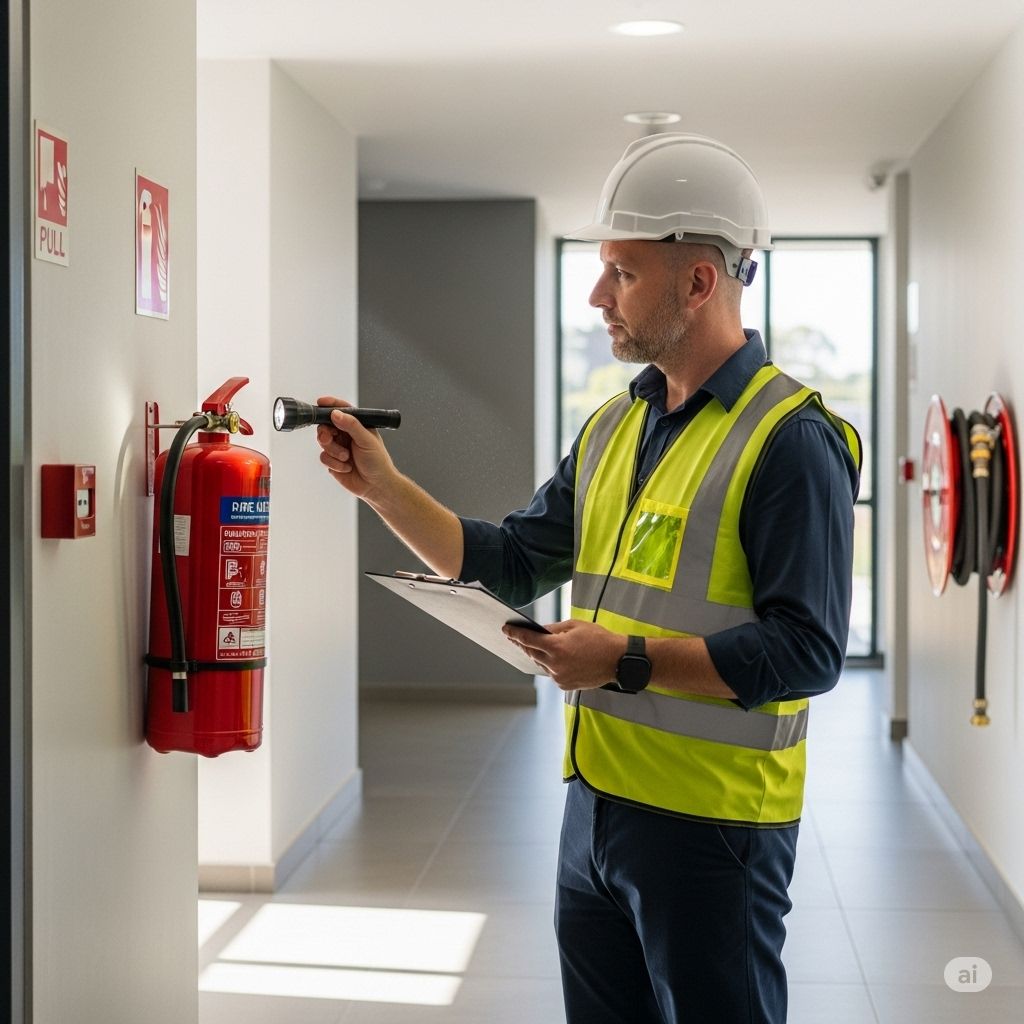Homebuyers must exercise caution when purchasing a flat, especially in a building where the Occupancy Certificate (OC) has already been received and most flats are occupied. In certain cases, builders may request payment through a cheque issued in the name of a third party. This situation can raise serious legal and financial concerns. It is important to understand whether such a practice is lawful and what precautions should be taken before proceeding with the payment.
Builder’s Legal Obligation under MahaRERA
Under the Real Estate (Regulation and Development) Act (RERA), 2016, every builder or promoter is required to maintain a separate bank account for each registered project. All collections from flat buyers must be deposited into this account. The purpose of this rule is to ensure transparency and to prevent misuse of homebuyers’ funds.
If the project has already received the Occupancy Certificate (OC) and all other flats are sold and occupied, the sale of the remaining unsold flat still falls under the builder’s responsibility. However, the builder cannot legally collect payment in the name of another person unless that person is the registered owner of the flat.
Why Is the Builder Asking for Payment in Another Person’s Name?
Before issuing any cheque or transferring funds, you should ask the builder for a clear explanation as to why payment is being sought in another person’s name. Possible reasons could include:
-
The flat might have been transferred to a partner, investor, or associate.
-
The flat may belong to a family member of the developer.
-
There could be an existing Memorandum of Understanding (MoU) between the builder and another party.
Even in these cases, it is your right to verify the ownership documents and confirm that the person in whose name payment is being requested is indeed the legal owner of the property.
Steps to Verify the Legitimacy of the Transaction
-
Check MahaRERA Project Details:
Visit the official MahaRERA website at www.maharera.mahaonline.gov.in. Search for the project to confirm the status, details of flats sold, and the registered promoter’s name. -
Verify Ownership Records:
Request copies of ownership documents such as the sale deed, Index II, and title documents of the flat to confirm who the current owner is. -
Insist on Payment Transparency:
Do not issue a cheque or make payment to anyone other than the registered owner or developer mentioned in the sale documents. -
Ask for a Tripartite Agreement:
If the builder insists that the flat belongs to another individual (such as an investor or partner), consider executing a tripartite agreement. In this agreement:-
The builder acts as a confirming party.
-
The actual owner (third party) is the seller.
-
You (the buyer) are the purchaser.
This ensures all parties acknowledge the transaction, protecting your ownership rights.
-
-
Filing a Complaint (If Necessary):
If the builder refuses to provide clarity or insists on payment in another name, you can file a complaint with MahaRERA. The regulatory authority can take action against such developers for violating RERA norms.
Conclusion
A builder or promoter cannot legally collect payment in another person’s name unless that person is the genuine, registered owner of the flat. As a buyer, you must ensure that your payment is made only to the rightful owner and that all documentation is transparent and traceable. Always verify the ownership through official records, check the MahaRERA registration details, and insist on executing a registered sale agreement or a tripartite agreement to safeguard your legal and financial interests.






